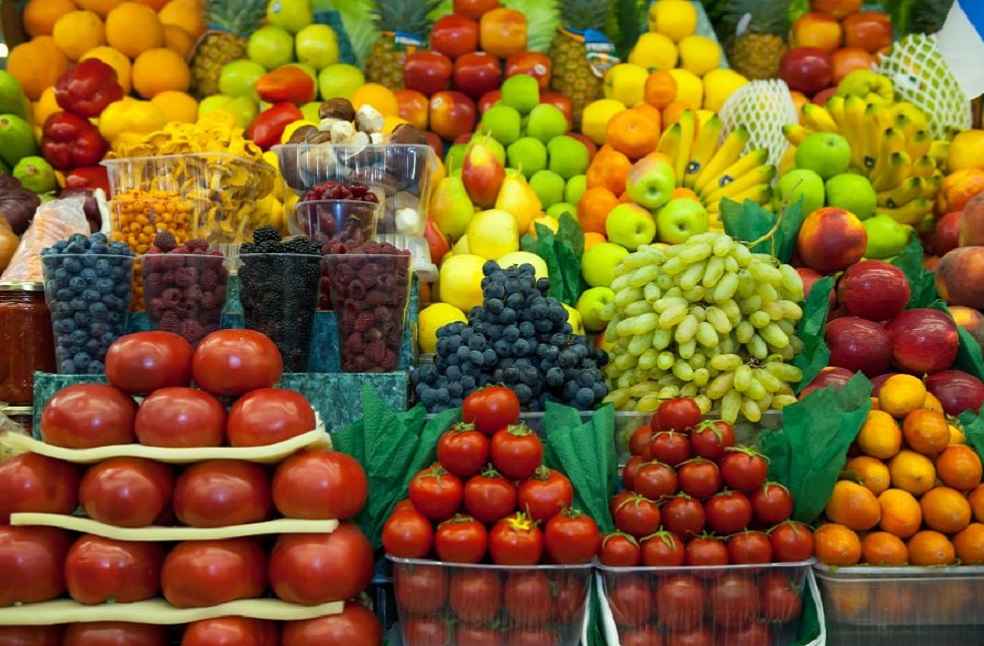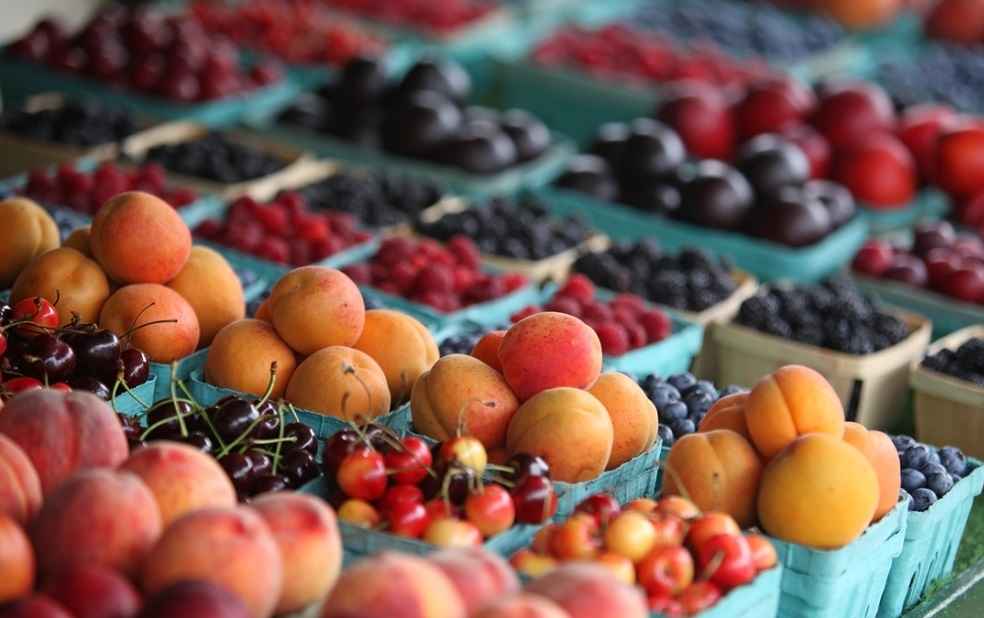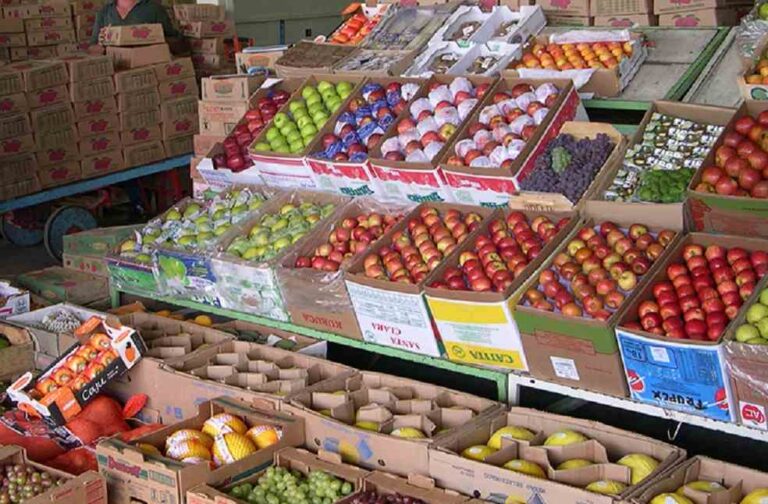Brazil is actively extending its fruit export frontiers, launching negotiations to export key products such as grapes to China and South Korea, avocados to the United States, Chile, Japan, and India, and melons and apples to Malaysia.
Guilherme Coelho, president of the Brazilian Association of Fruit Producers and Exporters (Abrafrutas), underscores these efforts as crucial for the sector’s growth.
This strategic move to strengthen international trade ties reflects Brazil’s aim to enhance export opportunities, emphasizing the fruit-growing sector’s integral role within the national economy.

The sector employs approximately 5 million workers and spans 2.4 million hectares, as per the Brazilian Institute of Geography and Statistics (IBGE). Fruit and vegetable farming, known for its high labor intensity, significantly supports rural communities, contrasting with other less labor-intensive crops like soybeans.
Abrafrutas plays a central role in unifying producers and exporters to tackle international market challenges and capitalize on business opportunities. Coelho is optimistic about the sector’s future, rooted in a legacy of quality and innovation.

2023 was a landmark year for Brazil’s fruit exports, achieving revenues exceeding $1.2 billion, marking a 26.73% increase from the prior year.
This surge is attributed to the recognized quality of Brazilian fruits and strategic investments in technology and innovation that ensure products meet global market standards. Brazil’s rigorous certification system ensures compliance with stringent quality and food safety protocols, aligning with international expectations.
IMEX SECTOR | India Unveils Export Boost Plan for 20 Agricultural Products to Expand Trade



